com vs .net vs .org: Which Domain Ending Is Best for Your Website?
When you’re picking a domain name, the ending, officially known as the domain extension or TLD (top-level domain), can sometimes feel like a bigger decision than the actual name.
Everyone knows about .com, but what if it’s taken? Can you use .net, .org, or something more modern like .co or .ai without looking unprofessional?
Let’s break it down.
The Classics: .com, .net, and .org
.com
The gold standard.
Recognized worldwide and the easiest for people to remember.
Often more expensive and competitive to get, but worth it if you can.
Works for nearly any type of business.
.net
Originally meant for “network” or tech-related businesses.
Still credible but less common these days, which means people might accidentally type yourbusiness.com instead.
Best suited for tech companies, hosting providers, or businesses where “network” really makes sense.
.org
Traditionally used by nonprofits, charities, and open-source projects.
Associated with credibility and trustworthiness.
Not the best choice if you’re running a for-profit business—it can confuse people.
Modern Alternatives: Beyond the Big Three
The internet has expanded, and now you’ll see plenty of creative options:
.co – popular with startups and entrepreneurs, short and modern.
.io – a favorite for tech and software companies.
.ai – exploding in popularity thanks to artificial intelligence.
.shop, .design, .blog – niche extensions that make your purpose crystal clear.
Country codes (.us, .uk, .ca) – helpful for targeting local audiences.
These can make your brand feel fresh and specific, but they can also come across as trendy or unofficial. It depends on your goals.
SEO + Credibility: Do Domain Endings Matter?
Good news: Google doesn’t automatically rank .com higher than .net or .org. All domain endings are treated equally in terms of search engine optimization.
But here’s the catch: user trust.
People are more familiar with .com, which means they’re more likely to click it in search results.
A memorable domain can help boost click-through rates, which indirectly supports SEO.
For local businesses, a regional extension (.us, .uk, etc.) can actually help you show up in local searches.
How to Choose the Right Domain Ending
If your .com is available, grab it! It’s still the most universal and trusted option.
If it’s taken:
Ask yourself: Does .net or .org fit my brand type?
Consider whether a modern extension, such as .co or .ai, aligns with your industry.
Consider purchasing multiple domain endings (such as .com and .net) to prevent confusion and redirect traffic.
And don’t forget: your domain is only one piece of your brand’s digital presence. The design, copy, and overall experience matter just as much.
Pixel & Fern Can Help
At Pixel & Fern, I work with small business owners who feel overwhelmed by all the technical decisions, such as choosing a domain, designing their site, and ensuring everything looks consistent and credible. If you’re stuck staring at a list of domain endings, wondering which one feels “right,” you don’t have to figure it out alone.
I’ll help you set up a website that not only looks good but feels aligned with your goals and makes sense for your audience. If this interests you, contact me today!
Final Thoughts
Your domain extension won’t make or break your business, but it does influence how people see you. Stick with .com if you can, but know that alternatives like .org, .net, and even newer options can work—if chosen thoughtfully.
The best choice is the one that supports your brand story, connects with your audience, and feels like home.
